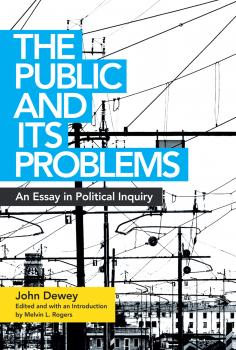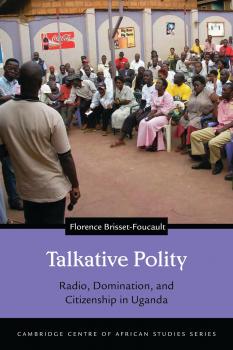ТОП просматриваемых книг сайта:
Зарубежная публицистика
Различные книги в жанре Зарубежная публицистика, доступные для чтения и скачиванияАннотация
Перед вами собрание работ Буковски на тему, которая вдохновляла и губила его всю жизнь: алкоголь. Сам себя называвший «старым пьянчугой», Буковски относился к выпивке как к топливу и даже музе. Бутылка приводила его и к самым темным мыслям, и к самым светлым и духоподъемным. Алкоголь стал методом Буковски, его способом оставаться в одиночестве, быть с людьми, быть поэтом, быть любовником и другом – хоть часто и дорогой ценой.
Аннотация
Аннотация
More than six decades after John Dewey’s death, his political philosophy is undergoing a revival. With renewed interest in pragmatism and its implications for democracy in an age of mass communication, bureaucracy, and ever-increasing social complexities, Dewey’s The Public and Its Problems, first published in 1927, remains vital to any discussion of today’s political issues. This edition of The Public and Its Problems, meticulously annotated and interpreted with fresh insight by Melvin L. Rogers, radically updates the previous version published by Swallow Press. Rogers’s introduction locates Dewey’s work within its philosophical and historical context and explains its key ideas for a contemporary readership. Biographical information and a detailed bibliography round out this definitive edition, which will be essential to students and scholars both.
Аннотация
For the first decade of the twenty-first century, every weekend, people throughout Uganda converged to participate in ebimeeza, open debates that invited common citizens to share their political and social views. These debates, also called “People’s Parliaments,” were broadcast live on private radio stations until the government banned them in 2009. In Talkative Polity, Florence Brisset-Foucault offers the first major study of ebimeeza, which complicate our understandings of political speech in restrictive contexts and force us to move away from the simplistic binary of an authoritarian state and a liberal civil society. Brisset-Foucault conducted fieldwork from 2005 to 2013, primarily in Kampala, interviewing some 150 orators, spectators, politicians, state officials, journalists, and NGO staff. The resulting ethnography invigorates the study of political domination and documents a short-lived but highly original sphere of political expression. Brisset-Foucault thus does justice to the richness and depth of Uganda’s complex political and radio culture as well as to the story of ambitious young people who didn’t want to behave the way the state expected them to. Positioned at the intersection of media studies and political science, Talkative Polity will help us all rethink the way in which public life works.
Информация о книге
Автор произведения Florence Brisset-Foucault










